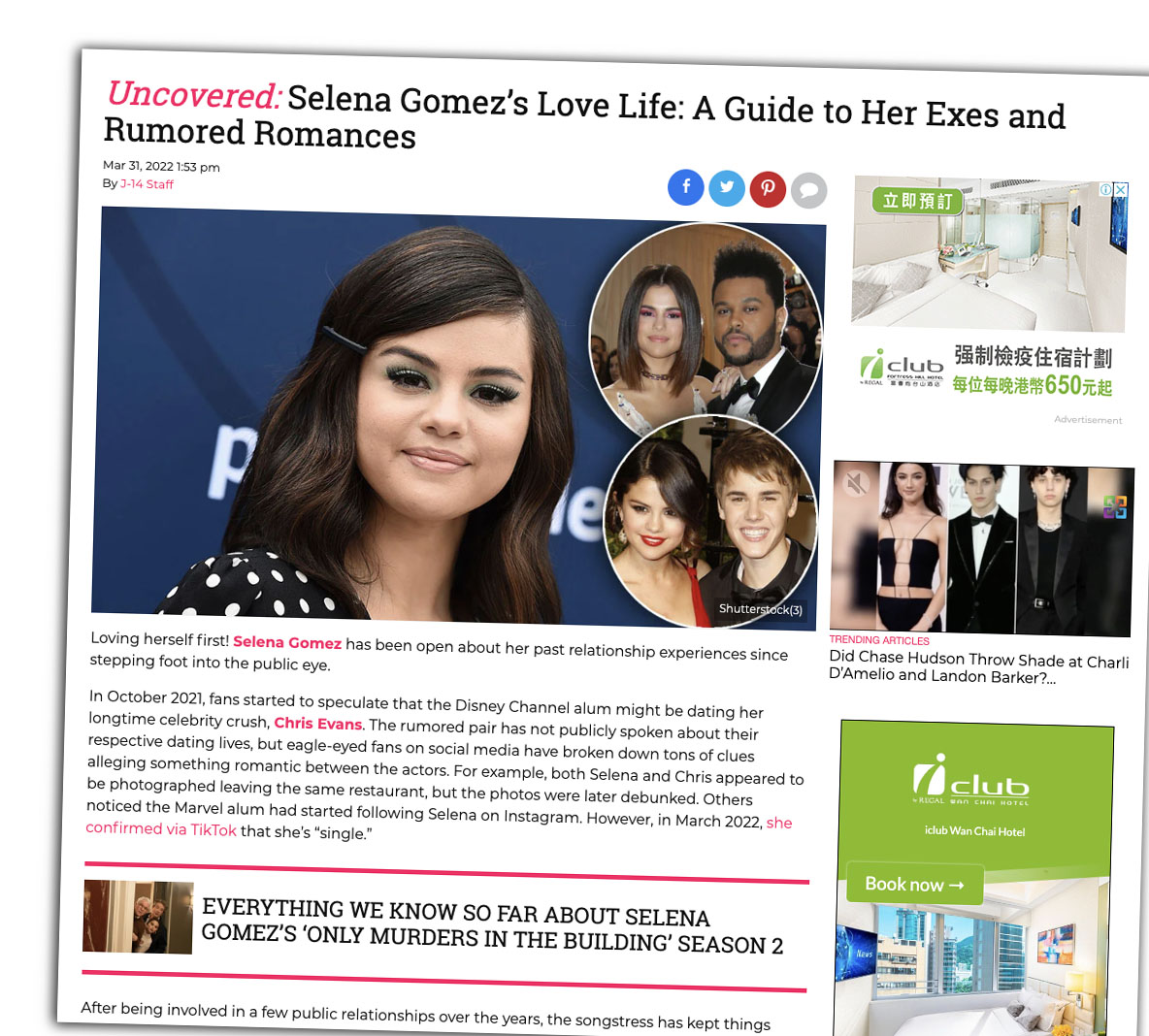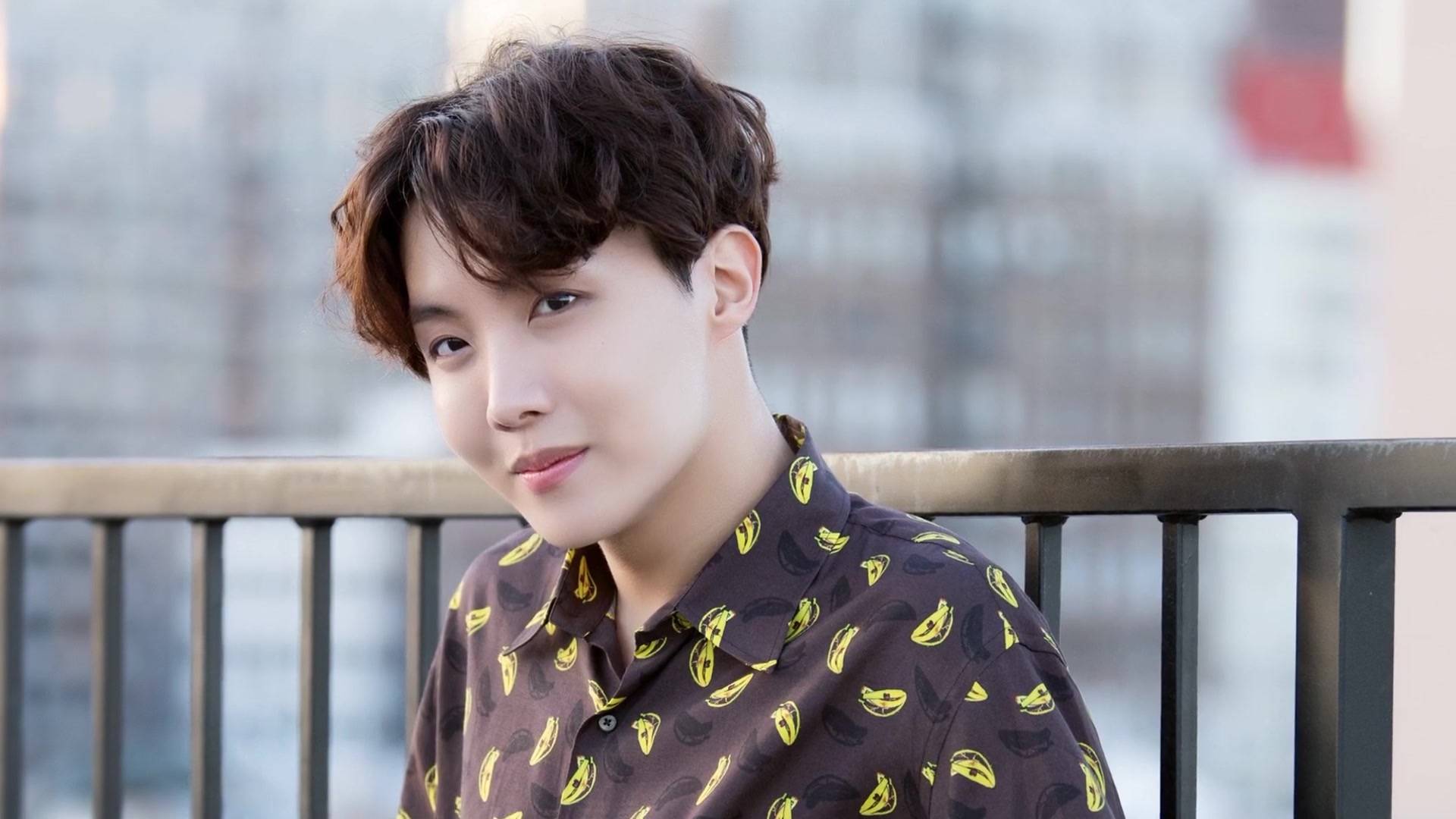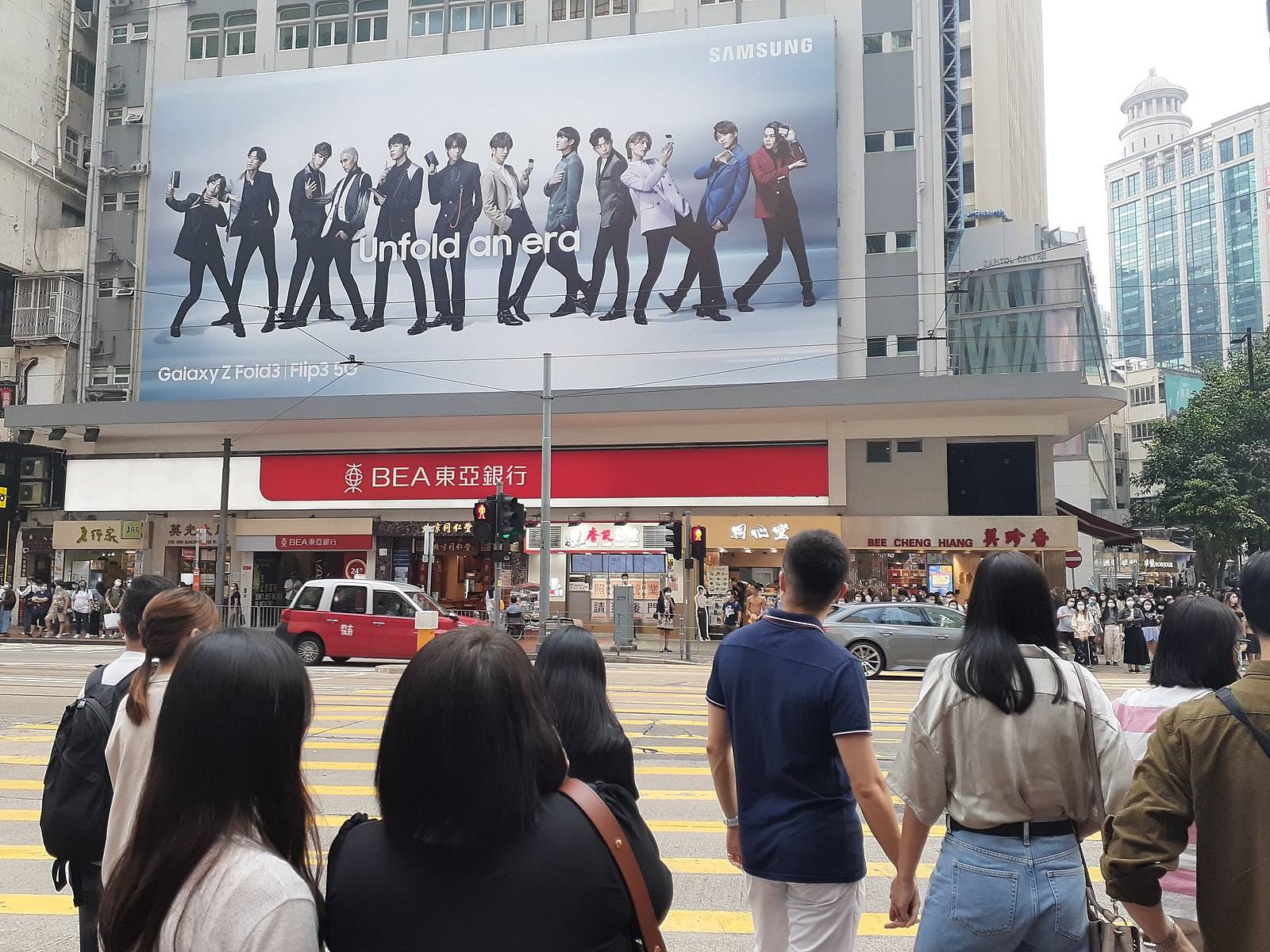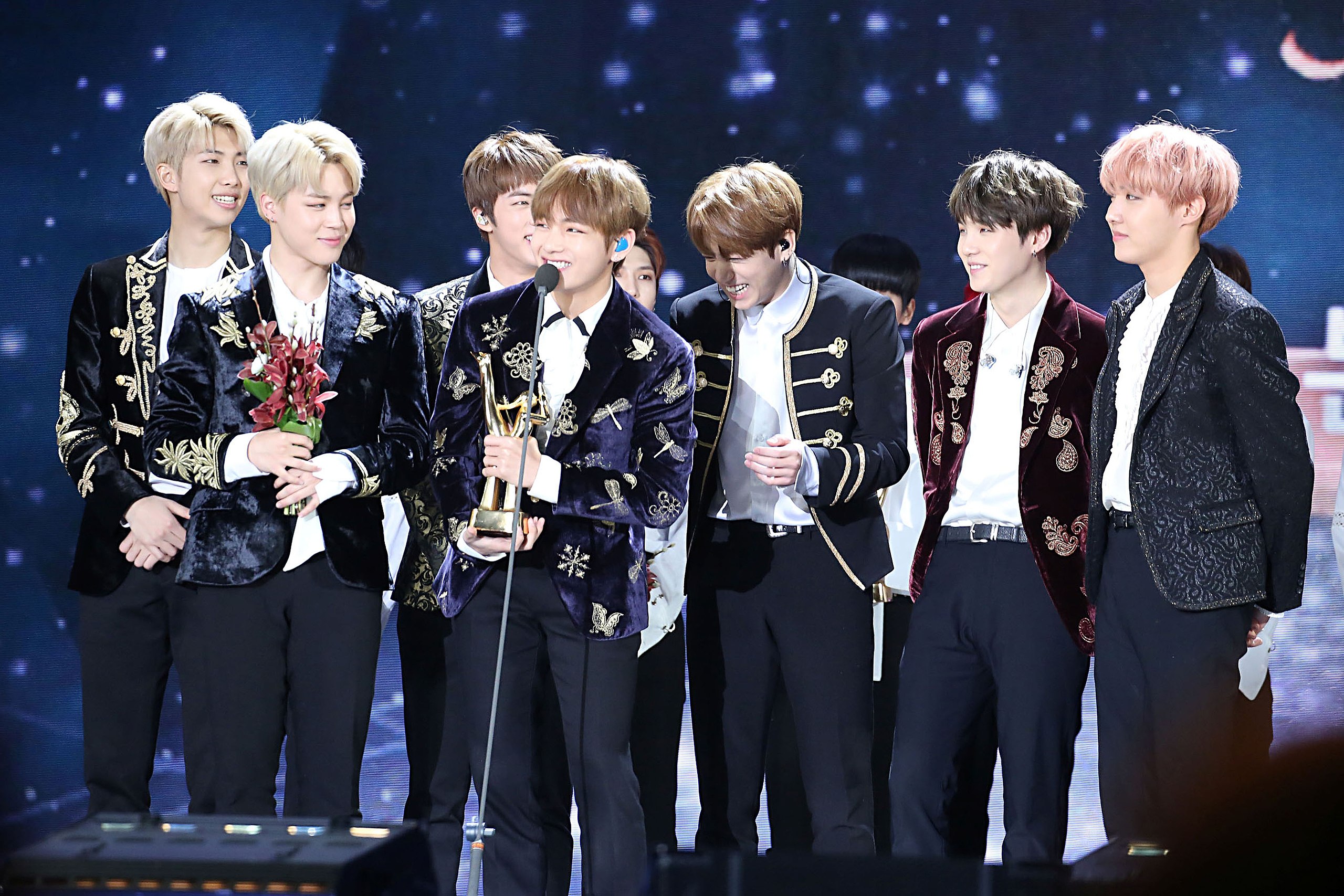To tap into popular music has been to tap into the values of the west, where many songs are dark or even adults-only. You don’t see that in Asia. The world’s creative energy center is moving to Asia, where music fans are singing a very different tune, reports Anna Tang.
AMONG ENGLISH SPEAKERS around the world, conversations about popular culture usually lead to nostalgic references to the Beatles, or Michael Jackson, or Lady Gaga, and often include the phrase “back in my day…”.
On the surface, there’s nothing wrong with that. A community’s pop culture provides entertainment. But look a bit deeper, and we realize it does much more than that. Music encapsulates the values of society and shapes the mindsets of the current generation and those to come.
As the east becomes more assertive, it is illuminating to compare the messages in western music with those of the entertainment industry in Asia.
STARS AND THEIR SOCIAL LIVES
Many music fans lament the fact that these days the fame of a performer in the west is not centred around their talent, passion or effort, but rather the amount of drama and gossip they manage to concoct in their public relationships.

Instead of talking about their music, attention goes to the affairs between pairs of stars: Shawn Mendes and Camila Cabello, Taylor Swift and Harry Styles, Kim Kardashian and Kanye West, Selena Gomez and Justin Bieber, and so on.
From an industry perspective, this is no bad thing. Romantic relationships are viewed as a commercial tool to enhance fan speculation, therefore increasing publicity and fame. The alleged feuds between singers only serve to add fuel to the fire, with millions of fans baying for an update through their next heart-wrenching song.
Selena Gomez admitted that it was all merely superficial. “If I can be honest, it is just so cliché. Everyone dates everyone . . . but the problem with that is that you end up — whether you admit it or not — you’re having your relationship for people and not even for yourself. There’s almost this point where it’s like, ‘Oh, we’re making it known that we’re together’ or whatever, whatever it is. It’s like, you just need to decide within our world, if it’s for you? Or is it for show?”
IT’S DIFFERENT IN ASIA
Do we find the same trend in Asian pop, which is presently dominated by music from Korea, known as Kpop?
No. Quite the contrary, in the Kpop industry, as in the Japanese music scene, all romantic relationships must be conducted in private, and there are even punishments for those who publicly flaunt their relationship.
In 2013, Minami Minegishi of top Japanese band AKB48 (below) made a tearful YouTube apology to fans and shaved her head to atone for her sins – after she was spotted visiting a boy’s apartment.

In the Kpop industry, so-called dating bans are common. However, there are logical reasons for this restriction. Fan service is valued greatly within the industry, and the artist is required to uphold the image of being “accessible” to fans. Additionally, death threats are oftentimes sent to either of the artists involved in a “dating scandal” by distraught fans.
In 2017, Rose from girl group Blackpink mentioned the extreme measures that were taken to segregate the opposite genders, including organising different dinner times and blocking access to their mobile phones.
Aside from representing a cultural difference, this also ensures that the focus remains on the quality of their music and the bond between fan and artist, something that is treasured within the community.
GANGSTA VS POSITIVE
Lyrical content also differs between the two cultures. While some lyricists in western music produce literal poetry, researchers have found a high level of violence and misogynistic references in pop music.

In particular, American rap lyrics have earned themselves a reputation for being vulgar and crass, or even pro-violence. This has influenced different genres such as EDM, Soul and even bubblegum pop. Many songs merely allude to sex, drugs and advocate for such a life where freedom is parallel to underage drinking, regular partying and a lack of necessary consequences.
This is an excerpt from Eminem’s song “Kim”, which illustrates the dark, violent lyrics that are present in rap.
“One of you tries to grab a knife, and during the struggle
He accidentally gets his Adam’s apple sliced! (No!)
And while this is going on, his son just woke up and he walks in
She panics and he gets his throat cut! (Oh my God!)
So now they both dead, and you slash your own throat
So now it’s double homicide and suicide with no note!”

KPOP LYRICS TEND TO BE POSITIVE
Now let’s consider typical Kpop lyrics, which tend to send positive messages, and even inspirational ones.
“(Ayo) One light is ambition
Some light is rebellion
People’s lights
All are precious
This dark night (Don’t be lonely)
Like stars (We shine)
Don’t disappear
‘Cause you’re a big existence
Let us shine”
These lyrics, from BTS’s song Mikrokosmos, are a demonstration of the types of messages that Asian pop music advocates. Since it is typical for a group to change their outlook, or their “concept” every era or so, sensitive topics such as self-harm, political views, loving oneself, growing up and emotional struggles are often discussed.

These deeply evocative songs provoke thought and debate within the audience, where artists and fans alike are able to display their emotional maturity and stand on the same pedestal.
SEXUALIZATION
There are some highly concerning aspects of American pop culture, one of which includes the sexualisation of young girls. From the questionable content of popular rappers such as Cardi B and Nicki Minaj – the former holding a past occupation as a stripper – to popular singers such as Miley Cyrus popularising the trend of “twerking” on social media, underage females are easily inspired to idolise such ideals and acts under the guise of “body confidence” and “female empowerment”.
In contrast, Asian pop tends to promote positive values, such as in the BTS song Not Today, shown below.

In general, Asian pop music is known for its modesty. Even though Blackpink members do not shy away from wearing skin revealing outfits or using seductive dance moves from time to time, it’s all family-friendly: Kpop doesn’t have the age restricted music videos of western pop.
Music from Indonesia and Malaysia also contain dancing girls, but their bodies are well-covered and dance moves are generally not as lewd as those in western culture. In Indonesia, we even find girls in hijabs doing heavy metal music.

GLOBAL EXPANSION OF ASIAN POP
Within the past decade, Asian pop culture has been spreading around the international community. Japanese pop, anime, manga, and cosplay have attained numerous fans, as have Bollywood stars, Chinese actors and singers.
Kdrama and Kpop are also making appearances on international platforms, with boyband BTS leading the way with their hit single Butter swiping the Billboard charts with 10 consecutive weeks of staying at the Hot 100 top 1 position.
Members visited the White House and the United Nations HQ. The use their influence to raise awareness for causes such as fighting anti-Asian racism and the importance of education.

Closer to home, Hong Kong boy band Mirror are seemingly following in their footsteps, where their figures can be seen in nearly every known brand that can be advertised. This is simply further proof that Asian pop music is rapidly becoming more competent…
… and the western music industry had better watch out!
Image at the top by AJEON JM / Wikimedia Commons

